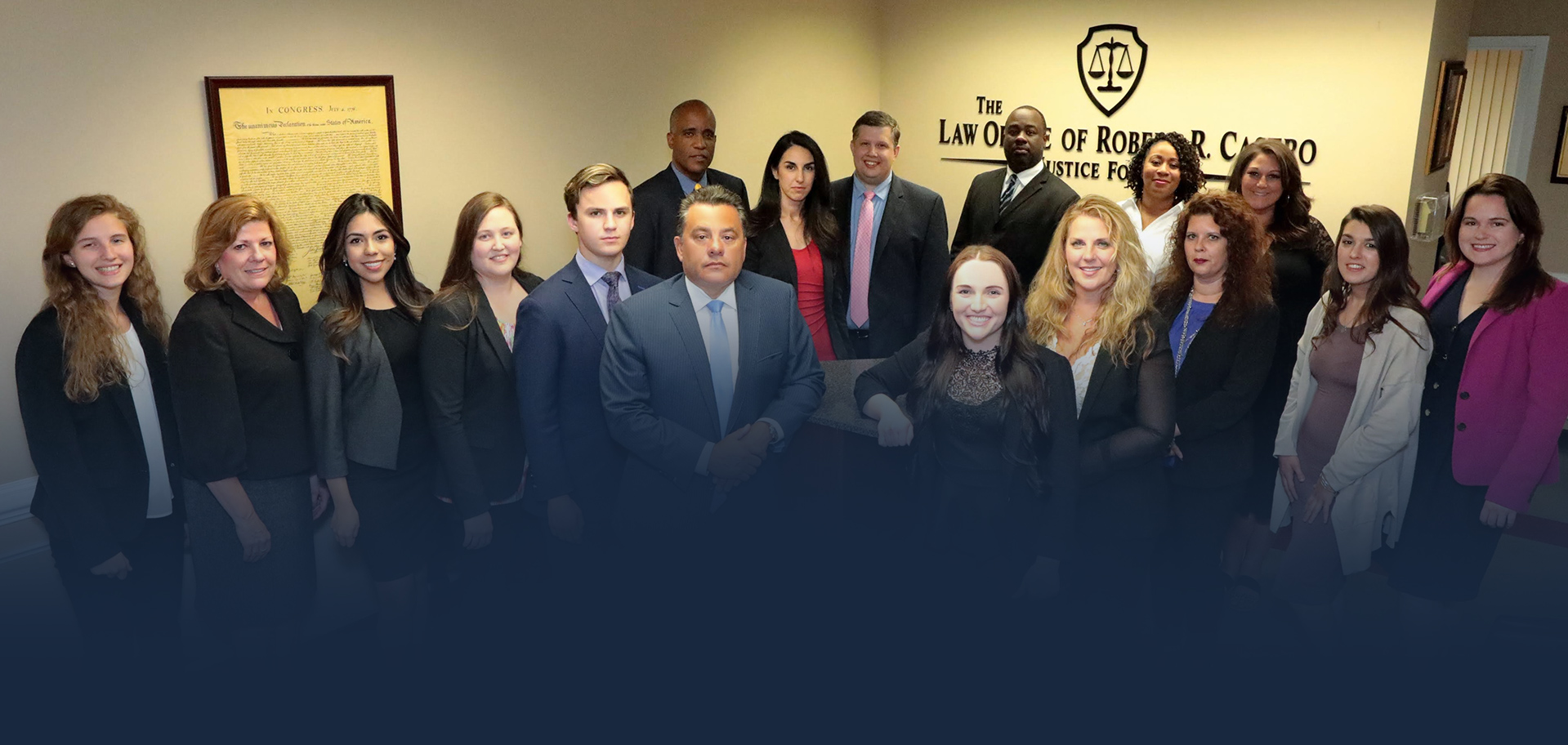How an “Emotional Outburst” in Court Can Affect a Child Custody Case
Child custody disputes are often fraught with emotion. No parent wants to face the possibility of losing custody or visitation rights with their own children. But it is important to remember that when appearing before a judge, both sides need to maintain their composure. Any “emotional outbursts” may lead the court to make a decision that the parent may later come to regret.
A recent unreported case from the Maryland Court of Special Appeals, Young v. Vieira, provides a cautionary tale. This case involved a child custody dispute between two unmarried parents. Although the mother and father never married, they were “in a long-term romantic relationship” that produced one child.
After the relationship ended, each parent sued the other for custody of the child. It took about a year for the courts to resolve the case. During that year, the child lived with the father. The mother apparently had no contact with the child during this time, even though she was entitled to supervised visitation under a temporary court order.
After a three-day hearing, the judge awarded sole physical and legal custody of the child to the father. The judge then spelled out a supervised visitation schedule for the mother going forward. Essentially, the mother would initially have only limited visitation but that would increase over a period of several months.
Just as the judge finished announcing her decision, the mother interjected, stating, “I would like to sign over all parental rights. I am not doing this.” The judge asked if that is what the mother really wanted. She replied, “Yes, I would like to sign over all parental rights.” The judge noted that she could not “force” the mother to accept supervised visitation, so the court’s final order simply granted sole custody to the father without any visitation rights to the mother.
The mother then appealed, arguing the judge erred in accepting her “emotional outburst” as a waiver of her visitation rights. The Court of Special Appeals was not sympathetic to this claim and affirmed the trial court’s final ruling. First, the appellate court noted that typically a “litigant cannot appeal a judgment to which she has consented.”
That said, the Court decided to consider the merits of the mother’s appeal and still found it lacking. While “emotional responses in a courtroom are not unusual,” that did not mean that the judge committed legal error by accepting the mother’s statements as a waiver. Indeed, the legal question was whether or not the judge lost her “temper or judicial demeanor” or somehow provoked the mother’s outburst. The Court of Special Appeals said there was no evidence that either of these things occurred. And while the judge could have handled the situation differently–say by calling a recess to let the mother confer with her attorney–the court’s decision not to do so was not, in and of itself, a legal error requiring reversal of the final custody order.
Contact Southern Maryland, Family Law Attorney Robert Castro Today
This article has been provided by the Law Office of Robert Castro. For more information or questions contact our office to speak to an experienced lawyer at (301) 705-5253.
Source:
https://www.courts.state.md.us/sites/default/files/unreported-opinions/0400s21.pdf




